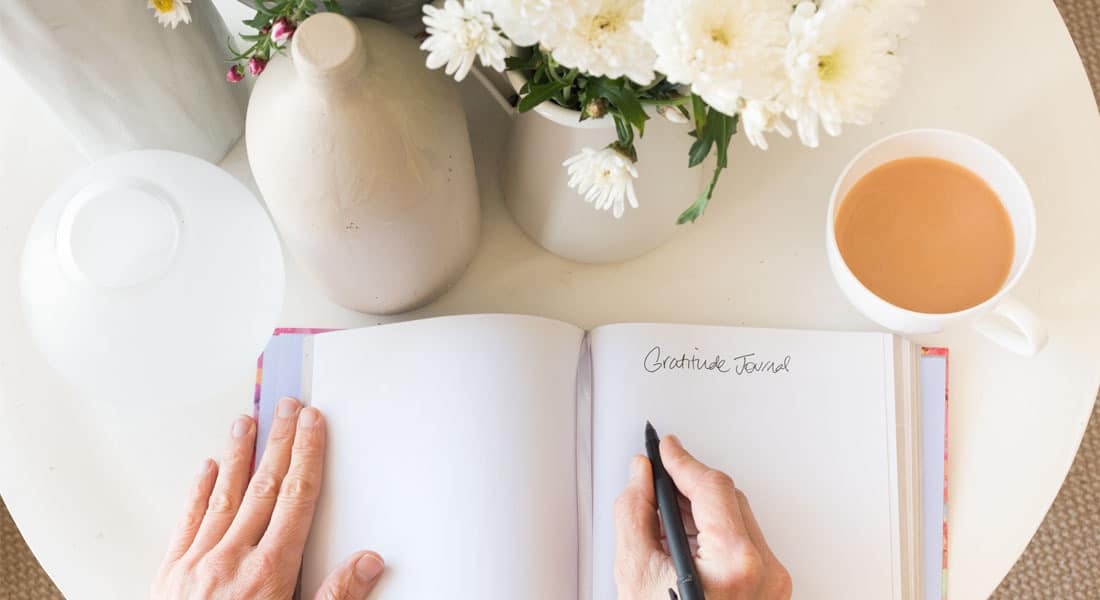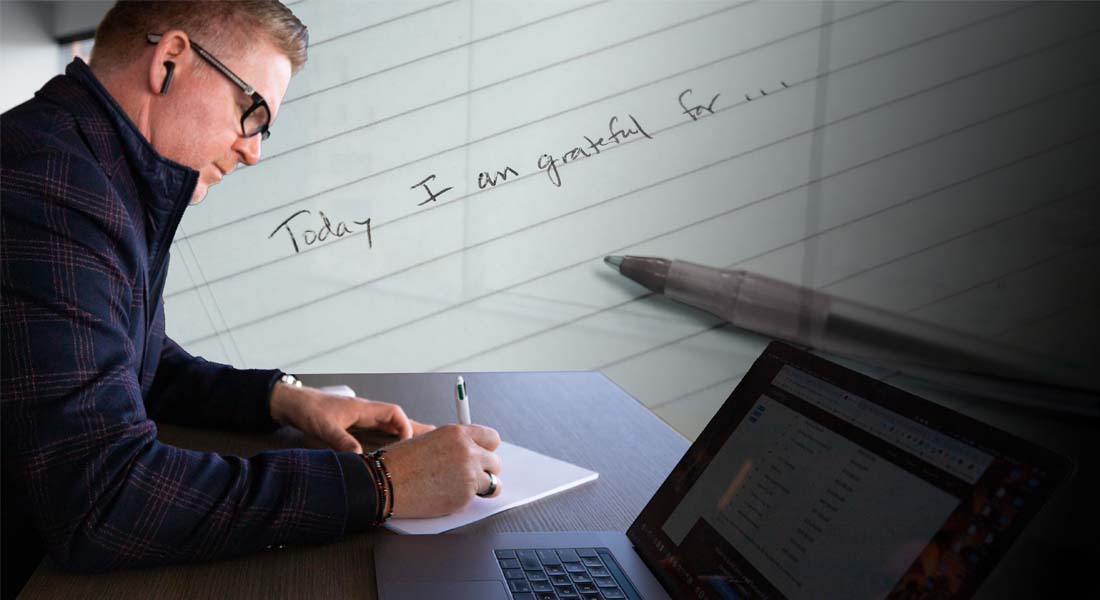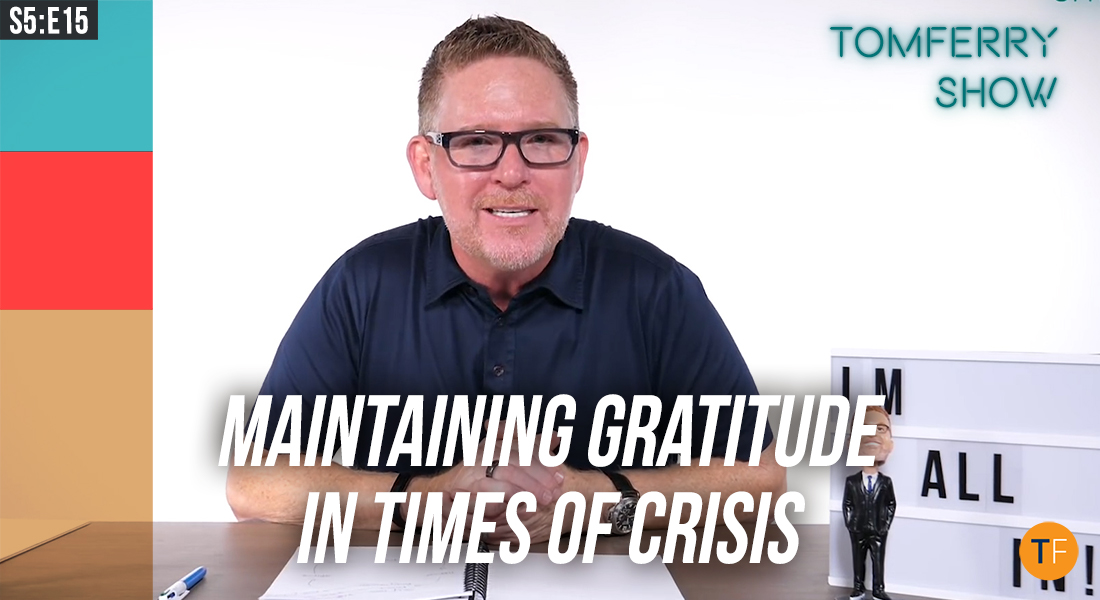How to Practice Gratitude According to Science
If you are wondering how to practice gratitude in a meaningful way that actually transforms your life, you are not alone. Gratitude is more than saying thank you. It is a mindset shift that creates measurable benefits to your health, relationships, productivity, and business growth. In this blog, we will explore the science of gratitude, its role in your personal and professional development, and practical techniques to make it part of your everyday life.
What Does Gratitude Really Mean?
Gratitude means recognizing and appreciating the good in your life—whether it is a person, a moment, or a lesson—and then taking the time to feel thankful for it. When practiced regularly, gratitude rewires your brain for positivity, making you more resilient, focused, and emotionally fulfilled.
The Science of Practicing Gratitude
Studies from researchers like Robert Emmons and Michael McCullough show that those who regularly write down what they are grateful for report:
- 25 percent more happiness
- 33 percent more exercise
- Longer and higher quality sleep
- Increased motivation and improved relationships
Simply put, gratitude works. And when you know how to boost motivation, it becomes clear that gratitude is a key driver of lasting success.
Best Ways to Practice Gratitude
1. Start a Gratitude Journal
Pick one thing each day or week and write about it in detail. Reflect on how it made you feel, what it represents, and why it matters. Use this as a tool to focus on the positive and start your day strong.
2. Write Meaningful Thank-You Notes
Take the time to write to someone who made a difference in your life. Even a short message of appreciation can strengthen bonds and create a lasting impact.
3. Use Daily Two-Minute Gratitude Reflections
During your commute or breaks, close your eyes and reflect on something you’re thankful for. This habit shifts your mindset throughout the day and makes you more grounded and present.
4. Embrace Life’s Impermanence
Imagine life without something you cherish. It might sound harsh, but this thought experiment helps you realize its value and enhances your appreciation in the moment.
What to Avoid in a Gratitude Practice
1. Listing Without Feeling
Quality over quantity. Focus deeply on one or two things that truly matter to you. Feel the emotion. Let it sink in.
2. Keeping Gratitude to Yourself
Tell someone today that you appreciate them. Gratitude that is expressed aloud builds connection and trust.
3. Repeating the Same Gratitude
Stretch yourself. Look for new areas of life to appreciate: your progress, challenges, and even small victories.
4. Avoiding Difficulties
Gratitude includes learning to appreciate hard times. It builds resilience and reminds you of how far you’ve come.
Gratitude in Your Real Estate Career
Knowing how to practice gratitude is essential in business. It reduces stress, increases empathy, and sharpens your focus. Combined with real estate affirmations and routines, it creates the mindset needed to thrive in any market.
Start by recognizing the value of your clients, your growth, and your daily opportunities. It will transform how you show up and how clients respond to you.
Build a Lifestyle of Gratitude
Real gratitude changes everything. When practiced consistently, it impacts your energy, relationships, career, and overall fulfillment. The ripple effect starts with you.
To build better habits and unlock your highest potential, explore our real estate agent tools or get started with a free real estate coaching consultation to put your goals into action.






